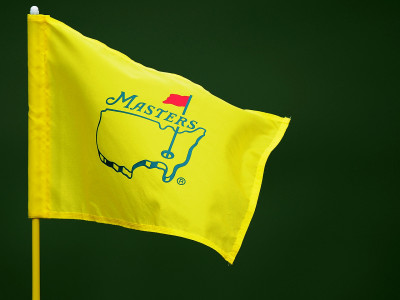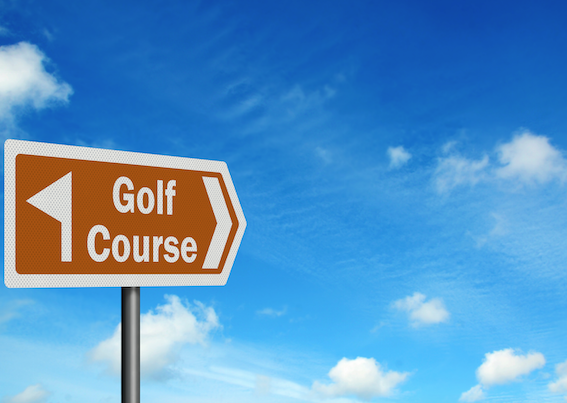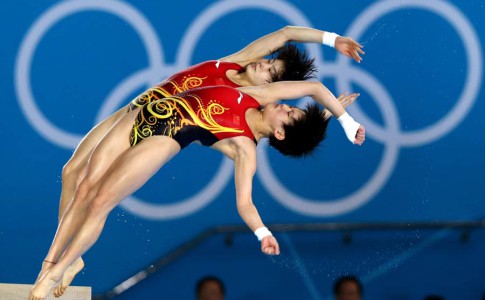Are you doing well while hitting shots on the driving range, is your chipping to the hole effective on the chipping green or do you successfully hole the ball on the putting green in one putt over and over again? However, do you seem not to be able to perform that well on the course itself? Can anything be done about it?
There are not many things that could frustrate a golfer more. In fact, it is a problem that has been faced by each player (some more, some less), regardless of his/her game level. Even professionals sometimes fail to transfer their well-trained skills to the golf course as they wish.
Trust yourself
Confidence in your own skills is crucial for success. It is important to trust in your abilities and gain the confidence in yourself during your coaching sessions. The problem is that playing at practice is a bit different than playing in a tournament where you are under a great amount of psychological pressure coming from the need to score well. Since the pressure is significantly higher in a tournament, you might often not perform as well as you would like to on the course.
“This is related to what I have been saying to my clients for a very long time – it is advisable to create tournament conditions at your practice. Get out of your own comfort zone and experience some slight pressure by trying to simulate the game on the course. Even on the driving range mat you can easily play any course. All you need is just a birdie card and a little bit of imagination,” says David Carter.
Do not resign from routine
Another way is a bit “Zen-like”. It requires you to approach every shot with full dedication, with the utmost attention. Adherence to the same routine, which will help you “tune in” to the shot, serves as a trigger of the automatisms. If you resign from routine before you hit the ball, you cannot expect your shots to be consistent. Routine as well as the right approach to the individual shots should be a part of the practice.
As for attention, a lot of golfers try to be fully focused all the time during the game but it is not humanly possible to concentrate for four or five hours. However, it is possible to be fully focused during individual shots. If you manage to create a “vacuum” around yourself during these individual short moments, when you detach yourself from any unwanted external influences, your game on the course will definitely improve.
Blank slate
Try to approach each shot as if it were a blank sheet, no matter how many times you failed while putting, chipping or driving on the course earlier that day. Get control of your emotions and forget what happened before. Keep any unpleasant feelings under control, even after another unsuccessful shot. When you succumb to negative self-evaluation, you will do nothing but ride straight down to the basement of your golf performance.
David Carter calls the ideal state of mind during the tournament rounds as the “mojo”. “Mojo is a state of my mind. It means that I feel perfectly calm and I can without any problems react to crisis situations and not overestimate successful moments. It is about being able to balance ups and downs and reach the state when I feel effective and productive. That is my key to success,” says the English professional.
When finding himself in this state, David Carter does not think about failing to secure a birdie or meeting a par, instead he always focuses on the next shot. On what is to come. And this is the right path to follow not only for a top professional but also for amateurs.










No comments